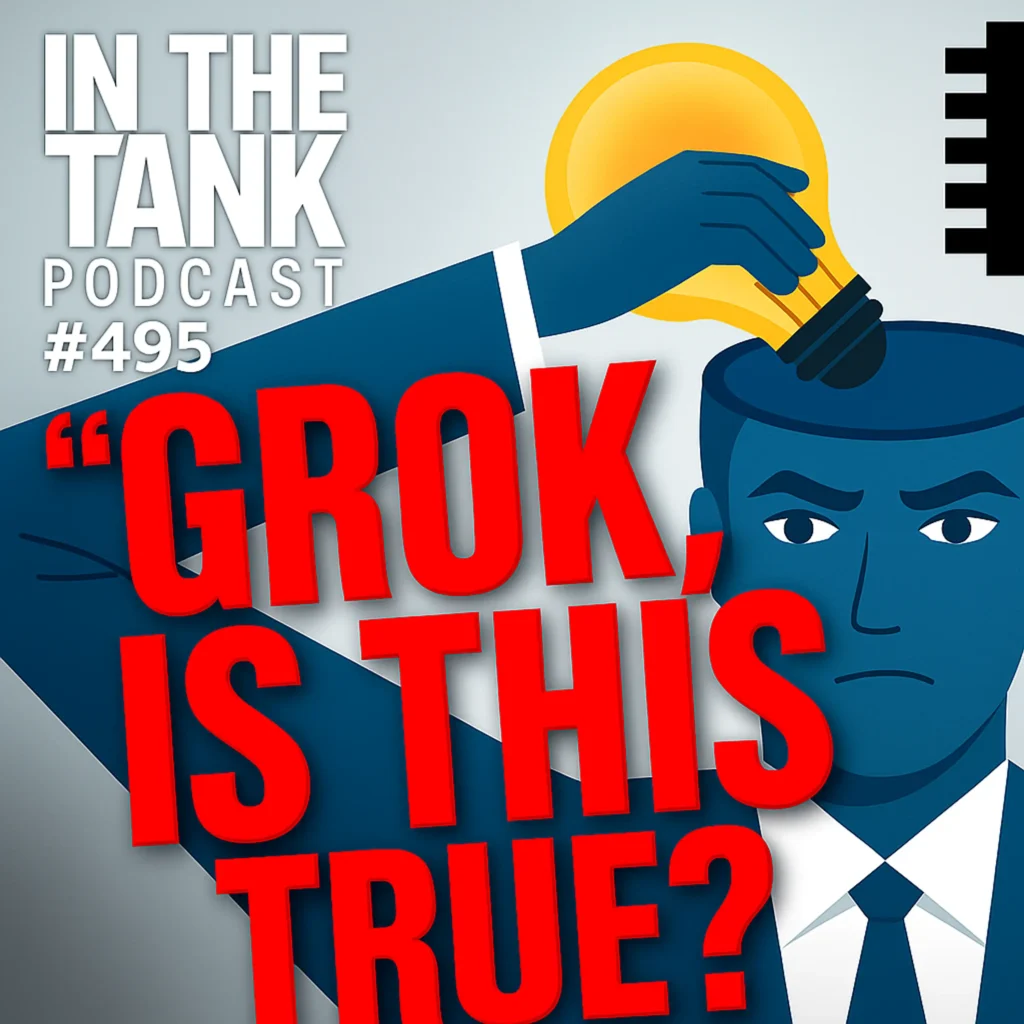Testimony Before The Alaska Senate Committee on State Affairs on Senate Bill 214 In Reference to Censorship on Social Media Platforms
The Heartland Institute
March 22, 2022
Chairman Shower and Members of the Committee,
Thank you for holding a hearing on Senate Bill 241, legislation intended to challenge Big Tech when it comes to Alaskan’s rights to political and religious free speech.
My name is Samantha Fillmore, and I am a State Government Relations Manager at The Heartland Institute. The Heartland Institute is a 38-year-old independent, national, nonprofit organization and our mission is to discover, develop, and promote free-market solutions to social and economic problems. Heartland is headquartered in Illinois and focuses on providing elected officials on all levels reliable and timely research on important policy issues such as Big Tech censorship.
Throughout 2021 and the beginning of this year we have had 85 pieces of legislation in 36 states all attempting to challenge Big Tech censorship. The volume of bills on this topic throughout the nation is indicative of the fact that many Americans recognize we are entering into a dangerous period of censorship at the hands of Big Tech oligarchs.
In the blink of an eye, the emergence of social media platforms has elevated the national conversation and political discourse to a size and scope nearly unimaginable a decade ago. The associated emerging technologies and mediums promised democratization of free speech in a way never dreamed of. Free speech and political activism, once the realm of partisans and professional pundits, was accessible such that people who were once spectators were now engaged.
However, this mass communication network is managed by a handful of powerful tech titans, who are shielded from liability and operate as monopolies. The consolidation of this power to these titans has now effectively erased the empowerment of millions of Americans and their newfound voices.
Where it has empowered voices and people across the political spectrum, it has also empowered the voices that seek to divide, misinform, and manipulate us. I would like to tell you that the very platforms on which those messages are spread have been fair and impartial, yet the truth is that they haven’t been.
The number of social network users worldwide reached 3.6 billion in 2020 and is projected to increase to 4.4 billion by 2025. This phenomenon was further exacerbated by the coronavirus pandemic. A Harris Poll conducted in the spring of 2020 found that 46 to 51 percent of American adults were using social media at higher rates than they were pre-pandemic. In addition, U.S. social network ad spending is projected to rise 21.3 percent from the already staggering $40 billion spent in 2020.
All of these statistics provide ample evidence that social networks have become so much more than a host for expression, memes, and life updates among friends and family. In today’s world, social media companies have become a major sector of the U.S. economy, influencing corporate successes and failures.
Opponents of this legislation would argue that such censorship is appropriate because “market forces” have allowed these titans to rise to power. To that, I submit to you that these instances are not the product of a healthy free market but rather the result of a corrupted market.
Moreover, private corporations have no more of a right to suppress Americans’ free speech than does the government. Americans would never stand for a neighbor breaking into their house to forcibly take their possessions, just as the same would not stand for a rogue policeman. In this case, one is a private entity while one is a government entity. Similarly, Big Tech corporations have no more right to suppress your free speech rights than does the government. Government exists to defend our unalienable rights – and especially our unalienable free speech rights – from being suppressed by third parties.
Our right to free speech rights exist independent of the First Amendment. Our free speech rights do not exist because the government benevolently gave them to us in the First Amendment; our free speech rights exist because they are innate human rights that are unalienable, either by the government or any other actor. Alaska has every right to independently safeguard our unalienable free speech rights from suppression by private corporations and that is what is SB 214 aims to accomplish.
This legislation would inject autonomy back to the state level for Alaskan lawmakers and constituents alike.
So here we are today, challenging the behavior of Big Tech for citizens of the state we all live in. To challenge the argument Big Tech perpetuates. The argument that they have a free-speech right to suppress other people’s free speech. This rationale would appear in a George Orwell novel. It is evident that Big Tech lacks transparency and respect for the moral obligation it has as a primary outlet for political discourse in our nation and the dissemination of information of public import.
A dominant “user platform” for speech simply does not have any right to silence Americans’ free speech rights. That is especially the case, given that social media and the internet are the primary means by which Americans today share information and ideas with each other. Respecting free speech rights on the primary means by which Americans communicate with each other is not “forced speech in violation of the First Amendment.”
Senate Bill 214 is good legislation, promoting overall free speech for residents of the Last Frontier. This bill sends the message to Alaskan constituents that clear and robust public debate is sacrosanct and any action or failure to act to ensure a robust debate will be met with hard questions, and if necessary, enabling policies.
Finally, I would like to submit to you that on the issue of freedom of speech, more speech is always the answer, never less.
Thank you for your time today.
Nothing in this testimony is intended to influence the passage of legislation, and it does not necessarily represent the views of The Heartland Institute. For further information on this and other topics, The Heartland Institute’s website provides a great link to many policy resources.
The Heartland Institute can send an expert to your state to testify or brief your caucus; host an event in your state, or send you further information on a topic. Please don’t hesitate to contact us if we can be of assistance! If you have any questions or comments, contact Heartland’s government relations department, at [email protected] or 312/377-4000.




